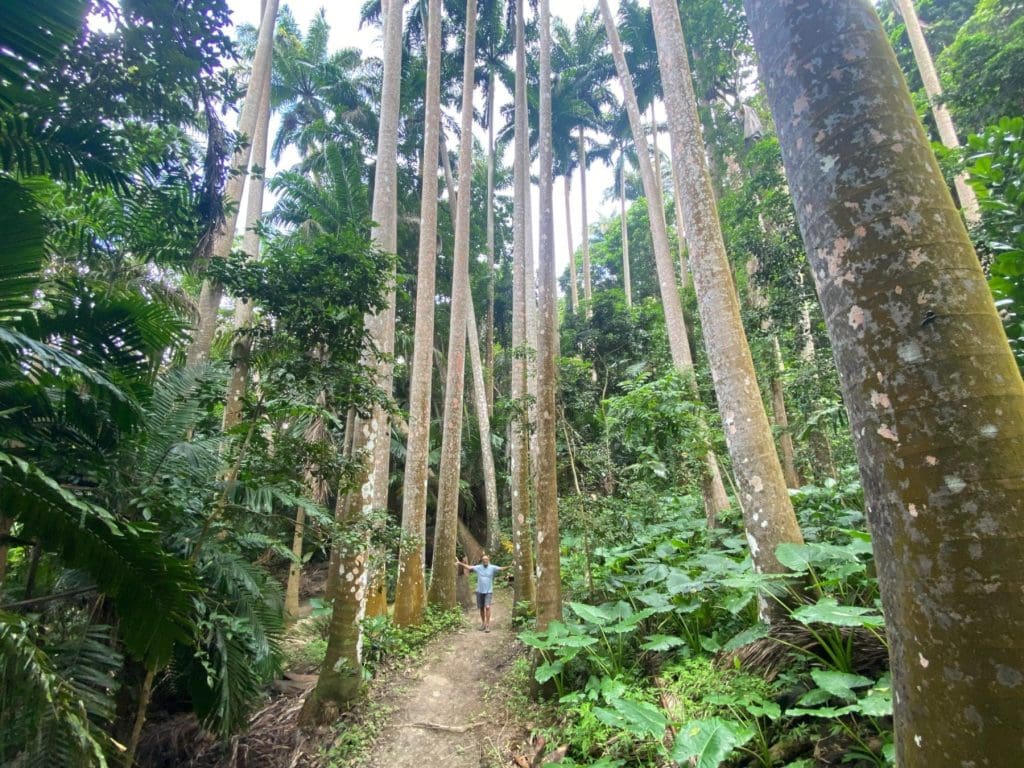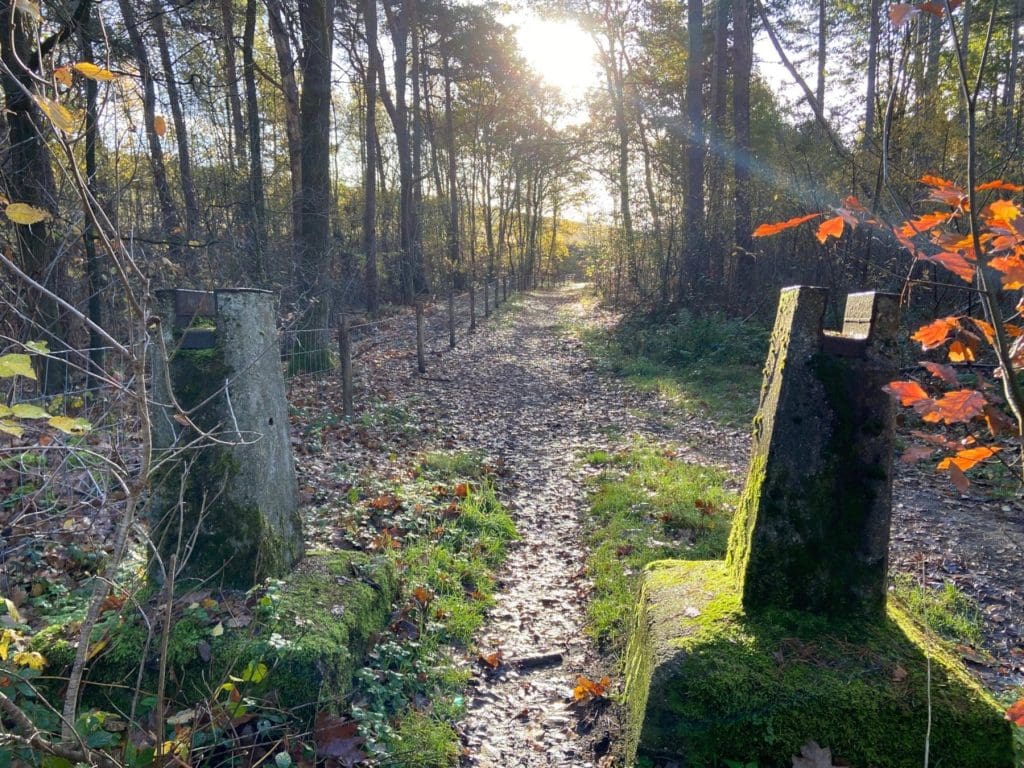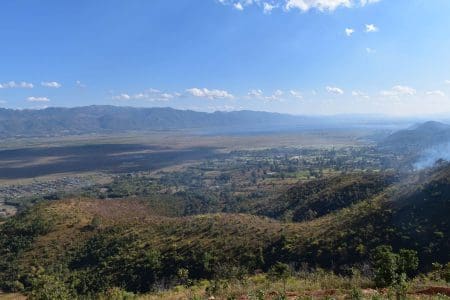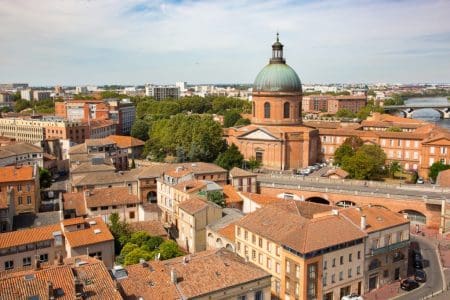Mark Bibby Jackson looks forward to 2023, predicting the future of tourism could be positive, albeit that we have to be conscious of its negative impacts.
My New Year’s Resolution is to be positive. At least in terms of travel – after all leopards can’t change their spots totally.
A couple of year’s ago I was fortunate enough to enrol on a diploma in Climate-Friendly Travel at the Institute of Tourism Studies (ITS) in Malta with the SUNx Program – I graduated last year. My studies taught me that whereas in the West we tend to focus on the negative aspects of tourism such as overtourism and the sector’s contribution to climate change and environmental destruction, in other parts of the world tourism is seen to have significant positive impacts.
Regenerative Tourism and The Three Ps
One of the key lessons I learned was the importance of the triple bottom line – people, planet as well as profit. I believe that the principle applies as much to sustainable tourism as to business strategies.
I have been fortunate enough to travel across four continents in the past year or so. Much of my travelling has focused at looking at regenerative tourism initiatives. These are ones that not only sustain our assets for the future, but turn the clock back in restoring much that has been lost in our industrial-led growth. Tourism can play a very positive role in the regeneration of these natural assets.
A prime example of this is the Brandenburg Lake District (Lausitzer Seenland) where the last 50 years has seen the area turned into the largest collection of man-made lakes in Europe. Prior to this Lusatia was Germany’s Black Country, the air thick with fumes billowed out from factories and open-cast mines. Now people swim or sail on the 20 artificial lakes with tourism generating vital income for the area.

I was to see similar regenerations in Belgium, with its first (and only) national park created on the site of an old coal mine in Limburg, and in Barbados where locals are trying to restore much of the flora that existed on the island prior to the advent of the sugar cane industry centuries ago. And it is not just in the countryside that regenerative tourism can be practised as I was to see in Vienna.
Lessons from the Past
It was at the very end of the last Millennium that I first became introduced to ecotourism. Then, backpacking my way through Costa Rica, I stayed at a protected rainforest.
According to the locals, the rainforest provided them with a much needed income through tourism. It was a wonderful symbiotic relationship. Apparently the land was of little use for farming so the locals were really happy with the current arrangement.
It is not so much teaching someone how to fish as to place them in charge of the fishing rights.
Earlier this year in Limburg I was told the same story – the locals gradually realising the revenue that can be generated via tourism if you preserve your natural resources.
Putting People First
To me the lesson is clear. In order to preserve the world around us and to create environmental sustainability, we also have to create economic and social sustainability. It is not so much teaching someone how to fish as to place them in charge of the fishing rights.
Given a vested interest the local population will preserve the local environment. This can only be good news for our planet in the battle against global warming. Strengthening links between environmental, social and economic sustainability makes it more difficult for man’s greed to destroy our planet. The above examples show the positive role that income-generating, job-creating, empowering, pro-environment tourism can play in securing this.

A Positive Future of Tourism
Which brings me back to my pledge for 2023. We will continue to use these pages to promote positive tourism – whether that is reclaiming what we lost in our quest for industrial growth, preserving our natural assets, or creating quality jobs for the vulnerable or disenfranchised in our societies. All play a part in creating a more positive future for us all.
If you know of any positive tourism projects you think we should cover on these pages in 2023, then please email me at [email protected]. For now I wish you all a very positive 2023.



